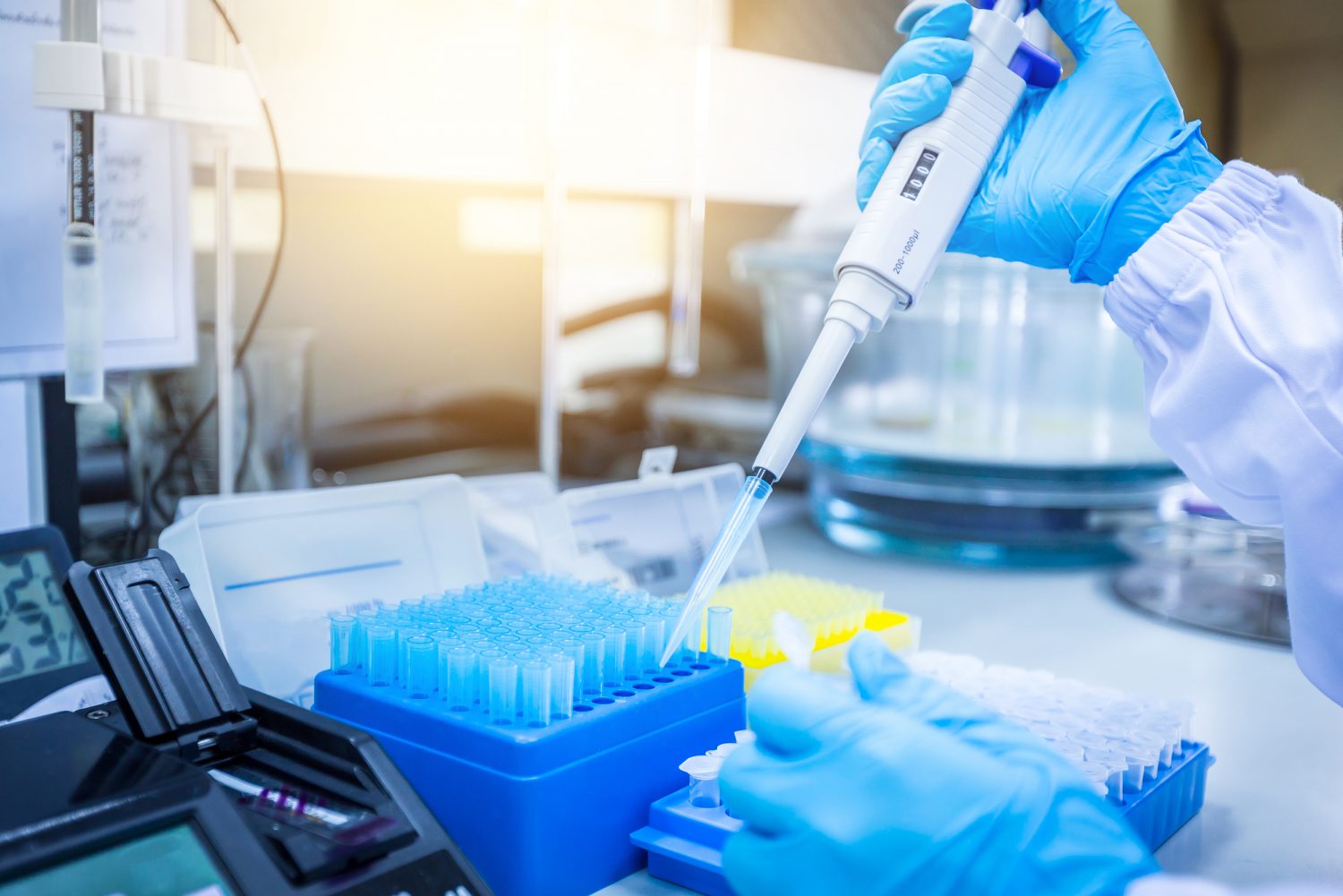Fro
« Une start-up de technologie médicale à croissance rapide, a annoncé le 17 novembre 2020 avoir terminé avec succès la procédure d’évaluation d’entrée sur le marché de l’Union européenne pour son test rapide corona basé sur la PCR . Ce test sera désormais progressivement disponible en Allemagne et dans d’autres pays de l’UE dans lesquels le marquage CE pour le diagnostic in vitro (CE-IVD) s’applique.
Le système de la start-up est particulièrement adapté pour une utilisation dans les cliniques, les services ambulatoires d’urgence et les cabinets médicaux, car le Covid-19 suspecté peut être rapidement clarifié sur place, après environ 40 minutes. Ainsi, un seul appareil peut analyser jusqu’à 60 tests par jour.
À ce sujet, nous aimerions poser les questions suivantes à Madame la Ministre de la Santé:
– Ce nouveau test rapide corona basé sur la PCR sera-t-il disponible au Luxembourg? Dans la négative, pour quels raisons ce test ne sera-t-il pas disponible au Luxembourg? Dans l’affirmative, combien de tests seront disponibles et où seront-ils utilisés? »
Äntfert
Depuis le début de la pandémie, le Laboratoire National de Santé (LNS) réalise une veille scientifique des tests SARS-CoV-2 qui ont été récemment développés. Cette veille comprend des tests PCR, des tests de séquençage, des tests antigéniques rapides, des tests sérologiques (recherche d’anticorps) et des tests salivaires.
Cette veille permet d’adapter de manière permanente la stratégie nationale en matière de tests diagnostiques ainsi qu’en matière de Large Scale Testing en fonction de la mise sur le marché de nouveaux tests plus adaptés à certaines situations spécifiques. Parallèlement à la veille qu’effectue le LNS, il évalue également certains nouveaux tests qui semblent être prometteurs, notamment en ce qui concerne leur sensibilité et spécificité.
Un test PCR dont le résultat peut être disponible endéans seulement 40 minutes semble a priori intéressant. Il faudrait cependant examiner le processus d’utilisation dans sa totalité, y inclus les étapes pré-analytiques avec la purification de l’échantillon et l’extraction d’ARN, afin de pouvoir déterminer si ce test offre de réels avantages pour une utilisation au Luxembourg. En effet, à titre d’exemple, un test peut être rapide et présenter ainsi un avantage, en ce que le résultat est rapidement disponible, mais il se peut qu’il ne se prête pas à une automatisation et ne permet partant pas de traiter de grandes quantités d’échantillons en peu de temps.
Afin de pouvoir apporter un réponse précise aux questions soumises par les honorables députés, il serait utile d’obtenir de plus amples renseignements quant à la question de savoir de quelle entreprise et de quel test précisément il s’agit, car actuellement de très nombreux producteurs essaient de commercialiser de nouveaux tests diagnostiques.






